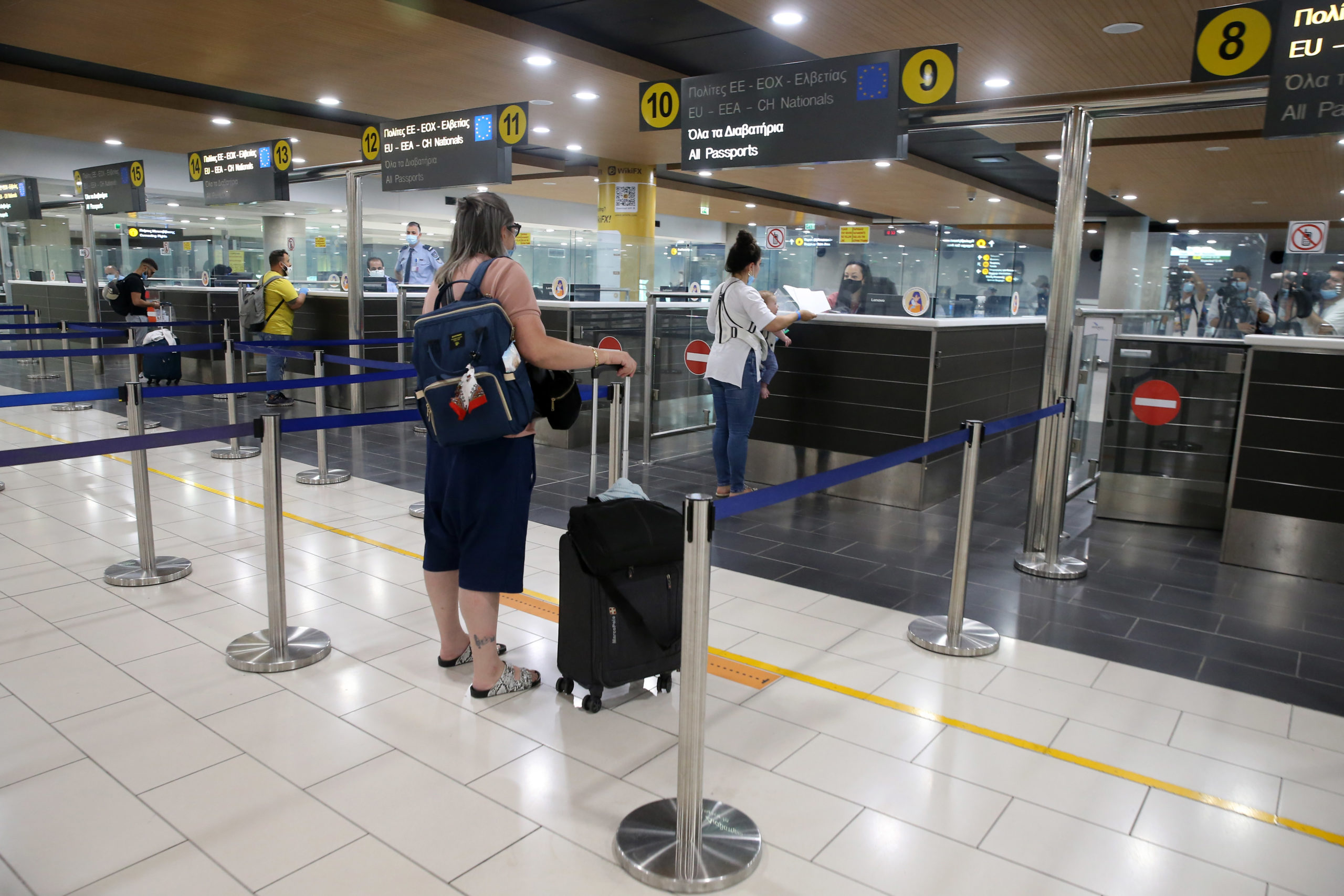Even if developed in time for the summer, the EU’s digital travel certificate could be hindered by the slow pace of vaccination programmes across Europe, harming tourism-dependent economies like Cyprus and Malta, said Moody’s.
On 17 March, the European Commission (EC) presented its proposal for a so-called Digital Green Certificate to facilitate cross-border movement within the European Union in light of the pandemic but could later be extended to non-EU countries on a case-by-case basis.
Brussels hopes to roll out the scheme in time for Europe’s crucial summer season in July and August.
“However, developing, testing and launching this digital certificate by the summer will be difficult practically,” said a Moody’s analysis.
It said concerns around data protection and privacy standards are also likely to impede governments’ agreement to the scheme and weaken acceptance among the general public.
The average age of a person who has received at least one dose of vaccine in the EU is 62.9, compared to 61.3 in the UK, 59.3 in the US and 45.7 in Israel.
By contrast, close to half of all international EU tourists are aged 45 or younger.
In contrast, many travellers over that age are likely to be accompanied by vaccine-eligible younger family members but are not vaccinated.
“Unless a significant share of the population most likely to embark on international leisure travel has been fully vaccinated before June, the use of COVID-19 tests alone would be unlikely to boost tourist numbers above 2020 levels significantly.”
The EC targets vaccinating a minimum of 70% of the adult population “by the summer”.
“A failure to put in place the conditions for reviving international tourism in the EU this summer would result in a weaker economic recovery for the bloc’s most tourism-dependent sovereigns.”
Last year, travel restrictions and consumer concerns over health and safety-related to the pandemic led to a 57% decline in overnight stays in the EU in 2020, overnight stays of foreign tourists declining by 74%.
Total overnight stays declined by more than 70% in Cyprus, Greece, Malta, and Spain.
“These four sovereigns together with Portugal, Croatia and Italy experienced among the sharpest economic contractions in the EU in 2020, ranging between 5.1% for Cyprus and 7% for Malta to 11% for Spain.
“This would, in turn, increase the risk of more permanent negative effects on their economic strength, as firms and jobs in the tourism and hospitality sectors would be increasingly likely to disappear permanently unless governments provide further economic support to the sector,” said Moody’s.
It argued further support would put additional pressure on the already stretched public finances of sovereigns such as Greece, Spain, Italy, and Portugal, potentially weakening their fiscal strength.
“This risks exacerbating economic gaps between northern and southern Europe.
“This could spur a focus on making the most effective use of the NextGen EU funds, which is going to be an institutional challenge for some southern European countries.
Depending on the magnitude of the economic damage, it could even increase pressure for additional fiscal transfers and present a new test of the bloc’s cohesion and ability to mount a joint response to supporting the post-pandemic economic recovery.”










